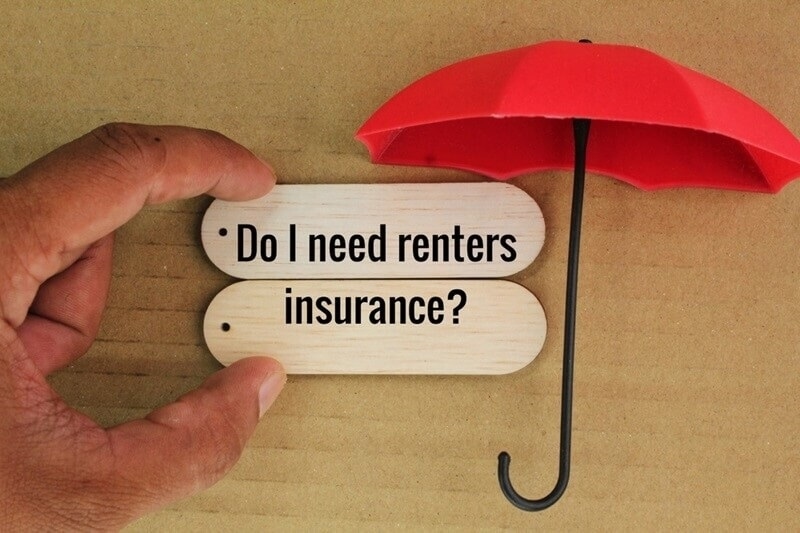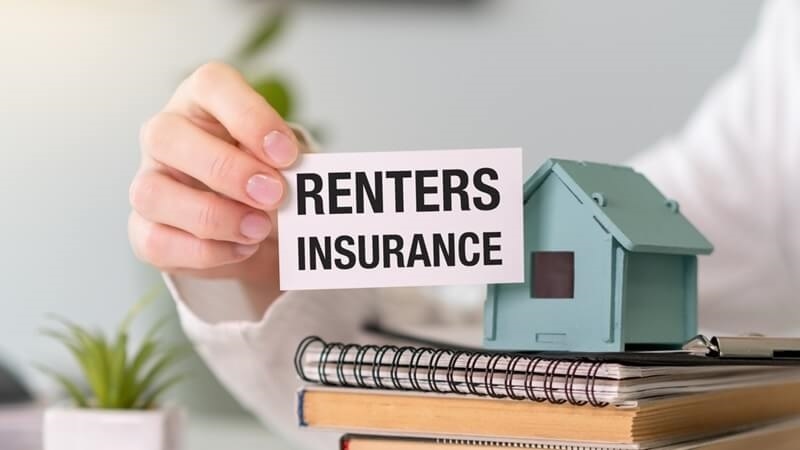
If you're a renter of a home or apartment, you've probably wondered, "Do I need renters' insurance?" The short answer? Yes. Renters insurance is among the wisest, most inexpensive ways to keep your stuff safe, your liability covered, and your mind at ease. Despite what many renters assume, your landlord's insurance will not cover your personal property—or your legal liability—if something happens to go amiss.
This renters insurance guide will guide you through why renters insurance is important, how it functions, and why not getting it might end up costing you so much more down the road.
Here in this detailed explanation of tenant insurance, we'll examine the most important renters policy perks, demonstrate how to locate cheap renters insurance, and guide you in comprehending precisely how to insure your rented house the proper way.
Do I need renters' insurance? Let's begin by dispelling a giant myth: renters insurance is not for anyone who has expensive electronics or high-priced furniture. It's for any renter who wants to safeguard their personal belongings and their finances. Unlike homeowners' insurance, which insures the building of a house, tenant insurance insures the contents of your rental unit, along with other valuable safeguards.
What Renters Insurance Typically Covers:
So, even if you're subsisting paycheck to paycheck, budget-friendly renters insurance protects you from having to shell out thousands of dollars out of pocket for unforeseen circumstances.

Still questioning this, do you need renters' insurance? Think about this: how much would it cost you to replace everything you own tomorrow? A typical two-bedroom apartment may have $20,000 to $30,000 in personal property. Without tenant insurance, you'd be the one paying to replace everything.
And if a visitor stumbles on your carpet and fractures a wrist, you might be responsible for doctor bills—and even sued. That's where the liability aspect of your renters policy coverage comes in handy.
Knowing what's included is the most important thing to get the most out of your renters' guide to coverage. This is what most standard tenant insurance policies have:
This insures your possessions—such as clothes, electronics, kitchen items, and furniture—against loss or damage by occurrences like theft, fire, or even certain types of weather. Some even cover off-premises, so your laptop is safe in your car or at a coffee shop.
If a person gets hurt in your rented building or you cause unintentional damage to someone else's property (such as water damage to the apartment below), this comes into play. Liability coverage usually begins at $100,000.
This is also called "additional living expenses." It pays for hotel rooms, meals, and other expenses in the event your dwelling becomes temporarily uninhabitable because of a covered incident.
Even if you're not legally responsible, this coverage pays for small medical expenses if someone gets hurt in your rental.
Understanding how these renters' policy benefits work is critical in knowing your complete protection.
Most people forego renters insurance due to negative assumptions. Here's the reality:
Choosing a renters' insurance policy is not merely a matter of choosing the lowest bid. Here's what to consider:
Ensure that your policy insures the actual value of your property. Take an inventory to get an estimate of total value.
A higher deductible usually costs less each month—but more out-of-pocket to make a claim.
If you have high-value possessions such as costly jewelry, high-end electronics, or musical instruments, you might need to include scheduled personal property coverage.
Renters insurance provides great protection, but there are some exclusions:
Getting covered is easy. Here's how to get started:
Document your property with photos, video, and spreadsheet. This will ensure that you select the proper coverage and make future claims easy.
Compare quotes from highly rated insurers. Compare rates and coverage using online comparison tools.
Most companies provide discounts if you bundle renters insurance with auto or life insurance policies.
Be truthful regarding what you have and how much it would be.
Don't sell yourself short.
Double-check your deductible, policy limits, and additions before you finalize.
Let's go back to that question: Do I need renters' insurance? If you rent, the answer is an absolute yes. It's not just about belongings—it's about security. Whether you reside in a studio or a family house, affordable renters insurance can rescue you from costly losses.
Why It's Worth Every Penny:
With so much renters policy coverage and choice, there's no excuse for going uncovered.
Let's quickly recap the key points from this renters coverage guide:
Refer to this guide to evaluate your requirements and select the appropriate renters policy coverage for your way of living.
Absolutely. You may never need it—but if you do, you'll be extremely glad it's there. From paying for personal loss to offering important liability protection, renters insurance packs more value per dollar than almost any other type of insurance. It's time to take control of your security and cover your rented house properly.
Still pondering if I need renters' insurance? Spend a few minutes today to get quoted and compare policies. It's a little step that can guard your whole financial future.
This content was created by AI